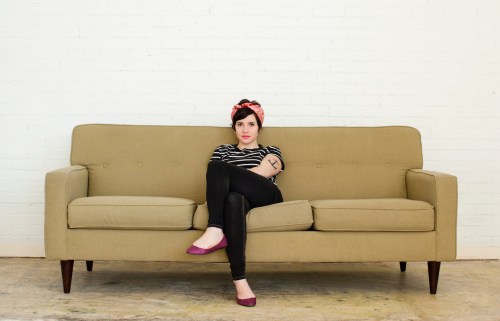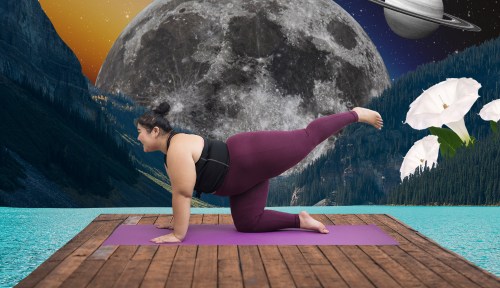There are a slew of reasons why you would hold in your pee: You don’t want to miss a scene in the movie you’re watching, you’re not near a restroom, or you don’t wanna get out of bed at 2 a.m. Doing this every once in a while is fine, but generally, it’s in your best interest to let it flow when the need comes.
Experts in This Article
board-certified urologist and founder of Prestige Medical Group in Santa Ana, California
Dr. Maria Peraza Godoy is a urologist, andrologist, and sexual medicine expert, and is the co-founder of the healthy pleasure group WeAreHPG.
Though holding in your pee for hours on end may feel like something of a skill, a lot of things are going on at a muscluar level to make it happen. That sensation of needing to pee happens when you have about 10 to 15 ounces of liquid in your bladder, which signals to your body that it’s time to hit up your nearest bathroom. “Holding in pee is a complex series of interactions between your bladder muscle and your pelvic floor muscles, which make up the urinary sphincter,” says Lamia Gabal, MD, aboard-certified urologist. “The sphincter has to relax, the bladder muscle contracts, and then you pee.”
When you’re trying to not pee, your body tightens your sphincter muscle, which relaxes your bladder muscle (though Dr. Gabal notes that some people have weakness in the sphincter muscle or overactivity of their bladder, making holding in pee difficult). “If you get the urge to [pee] at, say, 10 ounces, but you’re not drinking too much, you may be able to go hours without urinating,” says Dr. Gabal. But if you’re drinking a lot of fluids—especially diuretics, like alcohol and caffeine, which promote the excretion of urine—your bladder fills more quickly, which means you won’t be able to hold it for as long. So though you technically can avoid the restroom for quite some time, urologists don’t recommend it.
Essentially, holding in your pee too often or for too long will mess with your urination process in the long run. “Chronically holding in your pee can overstretch your bladder and lead to bladder muscle weakness,” says Dr. Gabal. Getting a urinary tract infection is also a risk. According to Maria Peraza Godoy, MD, urologist, andrologist, and sexual medicine expert, if your maximum bladder capacity has been exceeded for a long time, it can be painful. The worst-case scenario? The inability to urinate. “It can teach your pelvic floor and sphincter to stay contracted and not be able to relax, even when it’s time to pee, which is something we call ‘dysfunctional voiding,'” says Dr. Gabal. If regularly holding it in becomes a several-years-long habit, the urine can start to damage your kidneys. In other words: When you gotta go, you really gotta go.
Holding in your urine does have its place, though. Dr. Gabal points to the fact that it’s important that you hold it in until you’re in a socially acceptable place to pee (otherwise, you’d be seeing a lot of people walking around with wet pants). “It’s the chronic holding of pee for many years that can lead to bladder and kidney dysfunction,” she says. If you’re constantly having to delay the urge to urinate, have recurrent UTIs, or are unable to hold in your urine, it’s best to see your doctor or a urology specialist. Otherwise, try to make a beeline to the nearest restroom whenever the need hits.
Oh hi! You look like someone who loves free workouts, discounts for cult-fave wellness brands, and exclusive Well+Good content. Sign up for Well+, our online community of wellness insiders, and unlock your rewards instantly.
Sign Up for Our Daily Newsletter
Get all the latest in wellness, trends, food, fitness, beauty, and more delivered right to your inbox.
Got it, you've been added to our email list.











